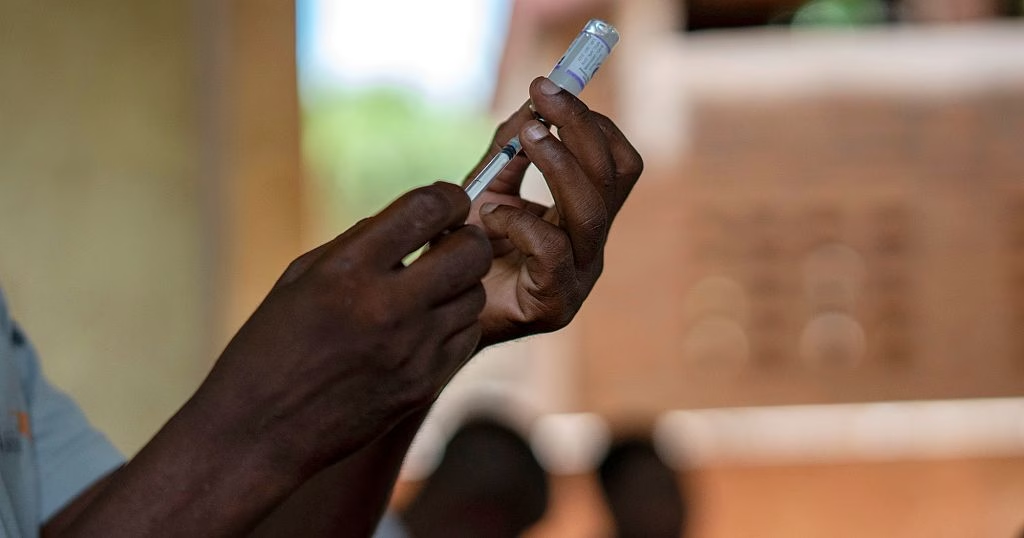As the world marks World Malaria Day, the United Nations children’s organization UNICEF is rolling out the R21/Matrix-M vaccine in Mali, making it the 20th country to introduce this groundbreaking vaccine. The journey to this milestone began in April 2019, when the first malaria vaccine was launched in Malawi as part of a pilot study backed by UNICEF and GAVI, the vaccine alliance. The results were promising, with symptomatic malaria cases reduced by 75% during the 12 months following a three-dose series of vaccines.
In Mali, children will receive an extra two doses of the vaccine, following the initial three doses administered in the first year. This strategic approach aims to align the timing of vaccinations with the seasons of highest risk, providing the highest protection when it’s needed most. However, the differences in dosage may still change, as the protection offered by the vaccine isn’t permanent.
Professor Nicholas White, a renowned expert in tropical diseases at Oxford University’s Centre for Tropical Medicine and Global Health and Mahidol University in Thailand, offers a nuanced perspective on the vaccine’s effectiveness. “The vaccines are okay,” he says. “They’re not brilliant, like many of the vaccines that we give to children, which are very, very effective, you might only need one to protect you for life. They’re not useless either, they provide reasonable levels of protection. Unfortunately, not for a very long time.” White emphasizes that the vaccines haven’t delivered as much as doctors had originally hoped, and current global tensions around aid should encourage researchers to explore other methods of keeping malaria under control.
One of the concerns surrounding the vaccine is its inability to address the rise of the Plasmodium vivax parasite, which transmits malaria and has been overlooked in the urgency to tackle the more deadly Plasmodium falciparum parasite. According to a study in the American Journal of Tropical Medicine and Hygiene, the predominance of Plasmodium vivax in densely populated and impoverished regions highlights the importance of “reversing the historic neglect of this infection.” Vivax causes relapses months after an initial infection, making it a significant challenge to overcome.
So far, two vaccines have been approved by the World Health Organization, with the first launched in a pilot in Malawi six years ago. As the global community continues to grapple with the complexities of malaria, the introduction of the R21/Matrix-M vaccine in Mali marks a crucial step forward. While the vaccine may not be a game-changer, it remains a moderately important tool in the fight against this devastating disease. By acknowledging its limitations and exploring complementary approaches, researchers and healthcare professionals can work towards a more comprehensive solution to combat malaria and other diseases that disproportionately affect the world’s most vulnerable populations.
